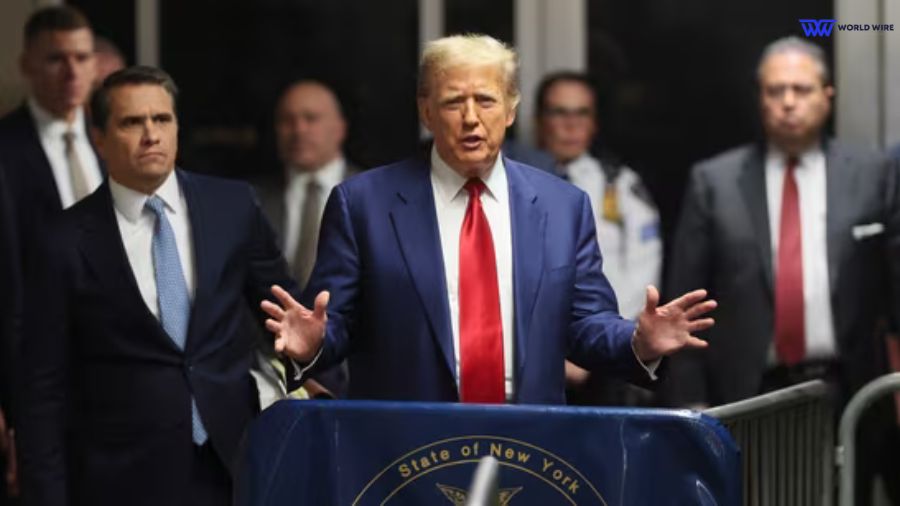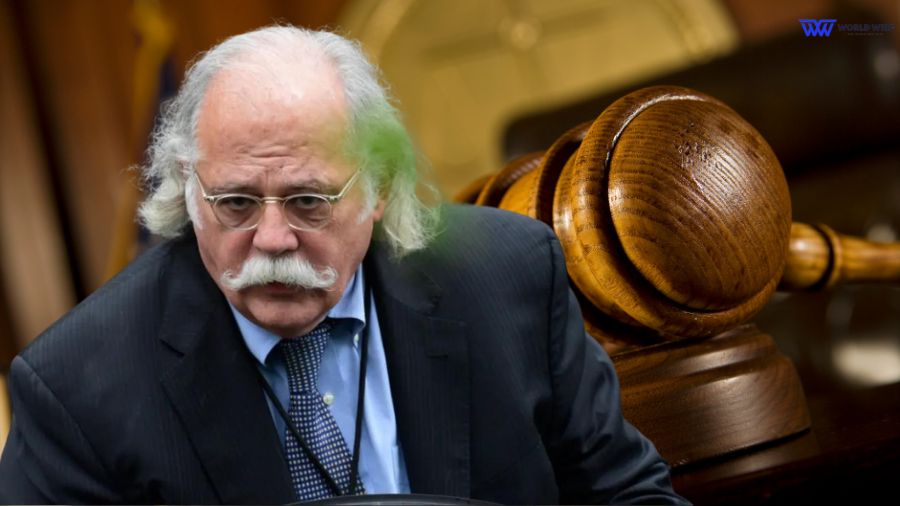In a high-profile legal case that has captured national attention, former President Donald Trump finds himself involved in allegations surrounding the mishandling of classified documents at his Florida estate.
At the heart of the proceedings is Judge Aileen Cannon, whose handling of the case has sparked a wave of criticism and raised questions about judicial impartiality.
Central to the controversy is Ty Cobb, a former White House attorney under Trump, who has openly criticized Cannon’s approach to the case and predicted on Wednesday that on that the 11th Circuit Court could ultimately decide to remove Judge Aileen Cannon from the case .
Speaking on CNN’s “Erin Burnett OutFront,” Cobb highlighted special counsel Jack Smith’s recent filing, which he interprets as a clear signal of the legal boundaries being tested.
“I think that Jack Smith– I think the filing today makes it plain that she has to rule, and if she doesn’t rule under either scenario, they’ll be in a position to take her up to the 11th Circuit. And I think the 11th Circuit will likely take her off the case,” Cobb stated.
Judge Cannon’s recent directives have been particularly contentious, including her request for both parties to propose jury instructions that align with Trump’s interpretation of the Presidential Records Act (PRA).
Recently, Judge Cannon proposed warning signs for the prosecutor in the Trump Document case for not providing enough proof related to the case and wasting the court’s time.
This move and her failure to set a trial date have led to accusations of undue delay. Cobb was astonished at these developments, saying, “Her delays here are extraordinary.”
Cobb’s criticism extends beyond Cannon’s pace, touching on the essence of her judicial conduct.
He suggests that the delays and decisions hint at a deeper bias, “The evidence of her bias is pretty palpable at this stage of the game.”

This sentiment is reinforced by his harsh critique of Cannon’s legal aptitude, which he previously described as “embarrassing,” “baffling,” and “unhinged.” Specifically, Cobb was taken aback by Cannon’s decision to allow Trump to intervene in the case, which many found surprising and indicative of the judge’s partiality.
The legal battle has been characterized by a sharp exchange of filings, with special counsel Jack Smith challenging the relevance of the PRA in jury instructions, insisting that “the [Presidential Records Act] should play no role in jury instructions.”
This position opposes Trump’s claims of entitlement to classified documents, a stance directly opposed by the National Archives declaration that presidents must submit government documents upon leaving office.
The implications of this case extend far beyond the courtroom, touching on the Presidential Records Act and the proper handling of classified documents.
The willful retention or destruction of such documents can lead to severe consequences, including criminal charges and potential removal from the federal bench.
Special Counsel Jack Smith’s involvement has added a layer of scrutiny to the proceedings, with the possibility of criminal charges against Trump if wrongdoing is found.
As the case unfolds, the legal community and the public closely watch the interplay of legal arguments, judicial decisions, and the potential for appellate intervention. The outcome of this case could significantly impact future elections and the public’s perception of the legal system.
If Judge Cannon is removed, it could be seen as a rebuke of her handling of the case and a sign that the legal system is willing to hold judges accountable. Conversely, if she remains on the case, it could raise questions about bias and partiality within the judiciary.
With each development, the case adds layers to an already intricate narrative, weaving together legal, political, and ethical threads in a case that will undoubtedly leave a lasting mark on the American legal landscape.
The broader legal questions raised by this case about the handling of presidential records and the role of courts in ensuring government transparency and accountability remain at the forefront, highlighting the complex interplay between law, politics, and public trust.







Add Comment